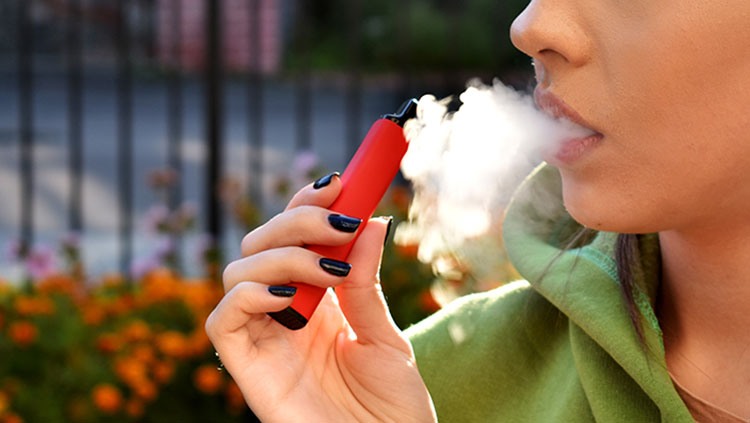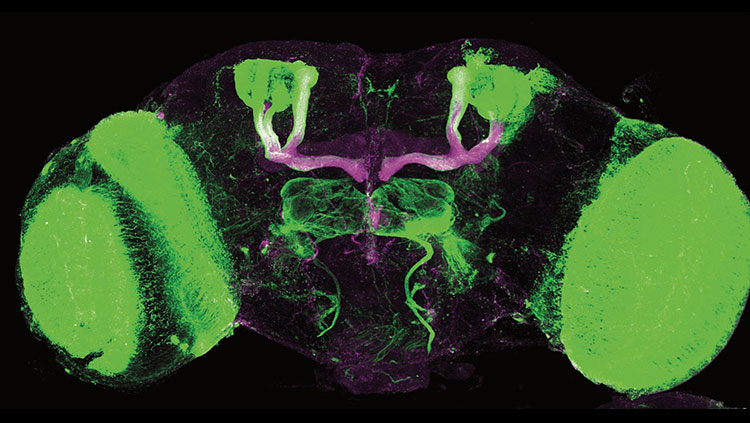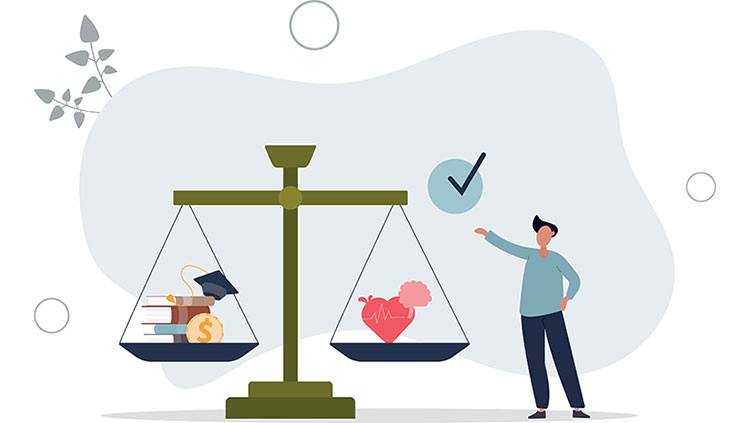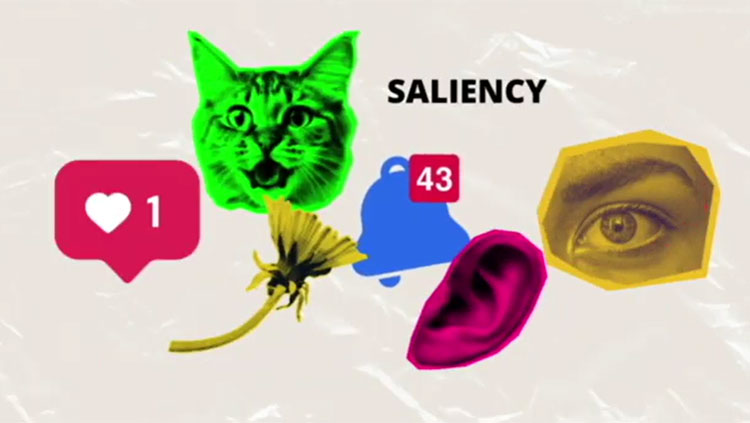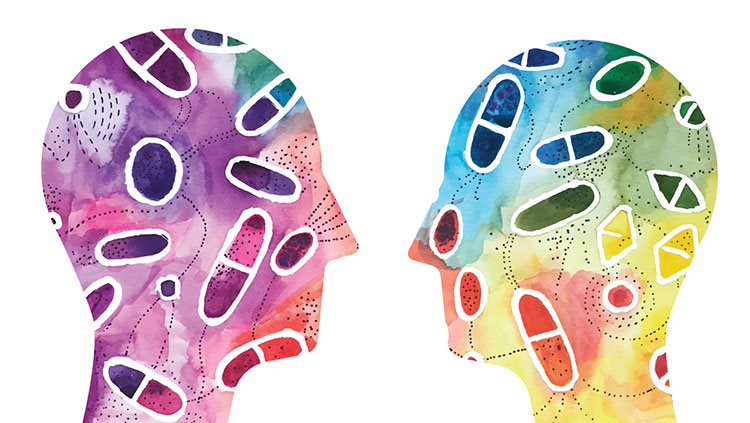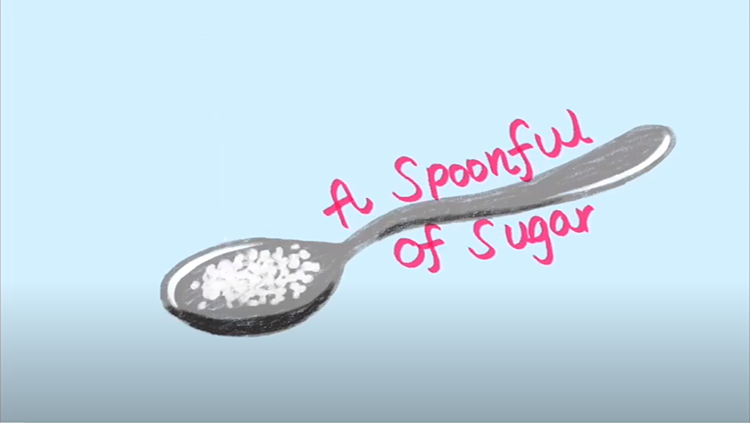Mysteries Behind Smoking and Drinking — Why the Addiction?
- Published28 Oct 2022
- Source BrainFacts/SfN
Smoking tobacco and drinking alcohol have noticeable effects on our bodies and our brains. The same qualities that trigger pleasure and relaxation are also what can make tobacco and alcohol addictive. Both substances may come with short-term pleasure, but they also have long-term effects on health. And each one is a top cause of death worldwide.
This is a video from the 2022 Brain Awareness Video Contest.
Created by Jemima Chukwu.
CONTENT PROVIDED BY
BrainFacts/SfN
Transcript
Do you smoke? Do you take in alcohol? You just might be too close to death.
Global statistics according to WORLD ranks alcohol use second and smoking fifth on the number of deaths caused by risk factors. Recently, WHO reported that tobacco, a content in cigarette, kills more than 8 million people each year — how frightening! But that's not all. Of that 8 million deaths, 1.2 million deaths is as a result of non-smokers being exposed to secondhand smoke. So even you that do not smoke need to hear this vital knowledge.
Let's begin with smoking. What does it do to the brain? When a person smokes, substances such as carbon monoxide, arsenic, tar, nicotine, toluene, and other substances harmful to the body, is contained in these weed, cigarette, or shisha, as you may call it. Once smoke is inhaled, nicotine present quickly travels into the lungs. From the lungs, spreads into the bloodstream and reaches the brain within 10 seconds.
You recall that the brain is made up of cells called neurons, right? Good. When the nicotine arrives at the brain cells (neurons), it attaches itself to receptors on these neurons, which activate one of the reward pathways of the brain, the mesolimbic dopamine pathway, which is composed of the ventral tegmental area and the nucleus accumbens designed to reward the body with pleasurable feelings.
Since the pathway is activated, what then happens? The brain chemical dopamine is released and sent to different areas of the brain. The effect on the subcortical areas of the brain associated with emotion, balance, pleasure, and memory makes the smoker feel too good, fuzzy, and satisfied.
Besides dopamine, other neurotransmitters which nicotine affects are acetylcholine release, glutamate release, and so on, as you can see.
Have you ever wondered why one gets addicted to smoking? What's it is, with continuous smoking, nicotine actually hijacks the reward pathway and in turn, takes over the duties of dopamine and other neurotransmitters. The number of nicotine receptors then increases.
So instead of the brain to fulfill its natural needs, it then does everything possible to fulfill the nicotine need of filling or binding to the many nicotine receptors already activated. So in order to fulfill the nicotine need, the smoker gets this strong urge to take another cigarette.
Then if the smoker does not provide the brain the nicotine to fill up the plenty nicotine receptors, the person doesn't feel normal. He or she becomes irritated, restless, depressed, and other withdrawal symptoms. At this stage, that person is addicted to smoking. And over time if that person continually provides the brain with nicotine, long-term effects like shrinking of the brain, cancer, heart disease, breathing problems, and other dangerous health problems will occur.
Now alcohol consumption. Alcohol is a depressant of the central nervous system, which inhibits brain activities.
But what's in this alcohol that does this? Alcohol drinks contain ethanol. Does this really affect the brain? YES. How it affects the brain is similar to the process of the effect of small components on the brain which I earlier discussed. To make matters more complicated, there are lots of areas in the brain that are affected due to excessive intake of this ethanol. So what really happens is that ethanol binds with receptors in the brain cells to release specific neurotransmitters.
In neuroscience, the combined effect that ethanol has on these neurotransmitters varies by the location in the brain. In the prefrontal cortex, ethanol slows behavioral inhibition centers, which makes the drinker more relaxed than self-conscious. In the medulla where functions like breathing, consciousness, and body temperature is controlled, ethanol lowers body temperature, increases breathing and makes one unconscious. In the amygdala and nucleus accumbens, ethanol's effect produces more pleasant feelings. That's why drinkers feel so good after drinking alcohol.
In the cerebral cortex, which is responsible for language, perception, thoughts, and awareness, ethanol slows its normal action. So if you're intending to consume more alcohol, you'll find it difficult to speak, think clearly, and in most cases, you will not be self-conscious.
Now in the hypothalamus and pituitary gland, ethanol increases sexual arousal and decreases one's ability to engage in sex.
Finally in the cerebellum, the area responsible for movement and balance, alcohol drinkers will lose their balance, which is reflected in their staggering movements. Assuming the drinker drives, loss of vision is possible to occur. This could lead to death.
I hope you would abstain from smoke components and alcohol drinking. Thank you for listening.
Also In Addiction
Trending
Popular articles on BrainFacts.org


